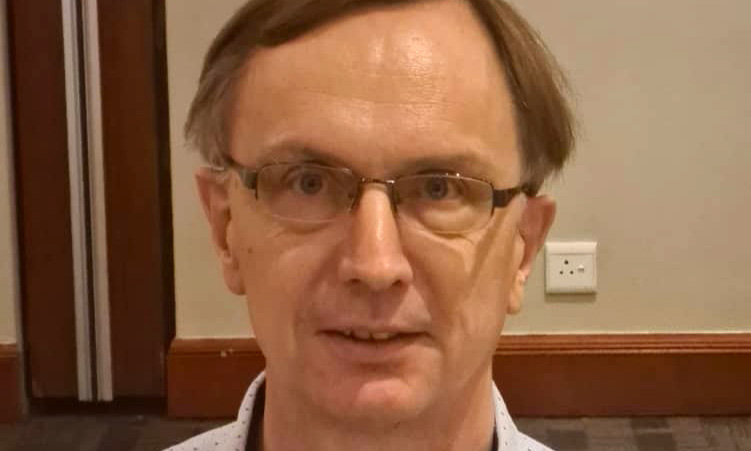Work programmes were briefly successful in Namibia but ran out of steam as they were not planned properly.
To hand out food packages to some volunteers outside municipal offices is a recipe for failure.
During Covid, primary care was not well established in the suburbs and rural areas.
If anything was missing, many people travelled to other towns to get information, treatment or basic necessities – spreading the virus.
A cash-for-work programme could focus on extension officers for education, environment, health, security and youth, with 10 volunteers for 10 000 inhabitants the standard.
Programmes could involve manual labour, such as building dams, but first trained yet unemployed professionals known to the ministries should be approached.
A project management tool could be prepared for regional governors, including human resource related financial spreadsheets.
The line ministries would provide the names of qualified volunteers. Cash could be advanced by e-wallet.
With a population of three million, we could start with a programme for 300 volunteers with each ministry providing 60 candidates.
The total cost would be N$6 million, less than N$500 000 per region annually.
FILLING A GAP
Household surveys could be more helpful. Aggregate figures often hide realities on the ground.
Information from cash-for-work volunteers can direct logistics to highly affected areas. Special projects can be undertaken in agriculture or road works.
Volunteers should be able to select team leaders.
The governors’ offices would deal with five to 10 leaders and spreadsheets for up to 100 volunteers. Team leaders should be wholly responsible for their team (not to be micromanaged by councils).
Churches and sports codes could be allocated a team. Private institutions may request teams for special common purposes.
The focus should be on advancing existing programmes instead of artificially creating jobs with no future (‘clean-the-cemetery’).
Cash-for-Work programmes fill a gap between food aid, upkeep of social infrastructure and elevating under-serviced societies.
They are not a panacea for everything – they should not crowd out tenders for SMEs – but may prove a useful tool among other efforts.
There is a case for slight supervision of the programme at national level.
It could become successful. The number of volunteers could grow to 3 000 over three years if all agencies involved are comfortable with it.
This could have a measurable wealth effect.
- *Andreas E Peltzer has been administrator of the Namibian Catholic Development Commission for 12 years.
Stay informed with The Namibian – your source for credible journalism. Get in-depth reporting and opinions for
only N$85 a month. Invest in journalism, invest in democracy –
Subscribe Now!






